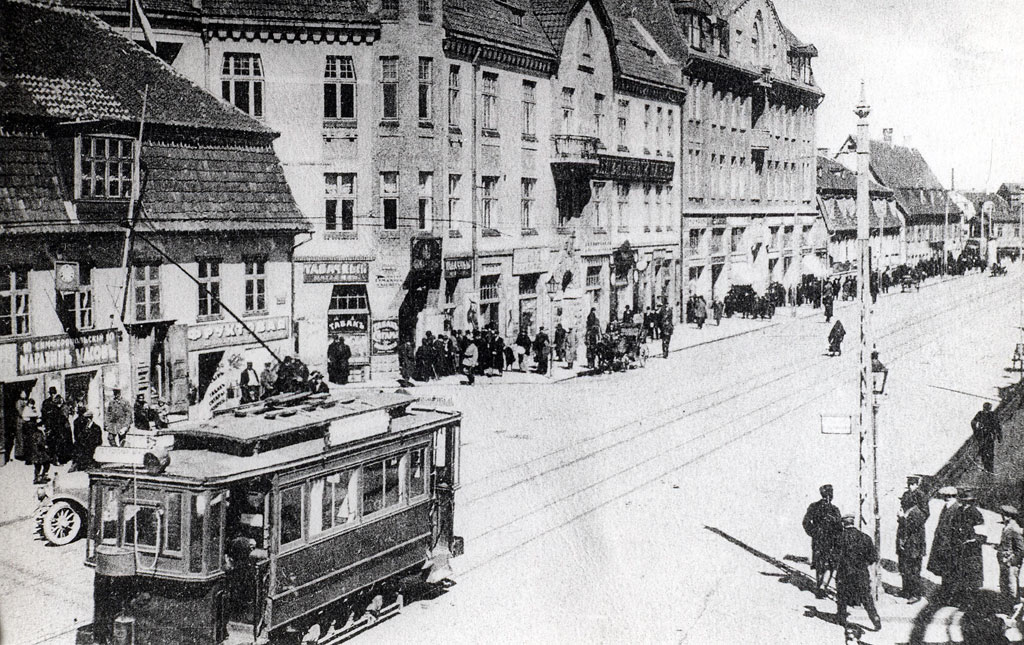|
RTU Liepāja
University of Liepāja () is a university in Liepāja, Latvia. The University of Liepāja attained university status on June 12, 2008, following the adoption of the law "On the Constitution of the University of Liepāja" by the Saeima. It holds the distinction of being the newest university in Latvia and the sole university in Courland, Kurzeme region. Prior to its university designation, it operated under the name Liepaja Pedagogical Academy, having been known as Liepaja Pedagogical Institute from its founding in 1954 until 1993 General Information Liepaja University, founded in 1954, is an accredited state higher educational establishment, which implements study programmes at all three study levels: basic studies, Master and Doctorate studies. The number of students is around 2000 divided over around 30 study directions. Liepaja University offers eleven full degree study programs taught in English: Bachelor * Computer science * Information Technology * Mechatronics * Envi ... [...More Info...] [...Related Items...] OR: [Wikipedia] [Google] [Baidu] |
Liepāja
Liepāja () (formerly: Libau) is a Administrative divisions of Latvia, state city in western Latvia, located on the Baltic Sea. It is the largest city in the Courland region and the third-largest in the country after Riga and Daugavpils. It is an important ice-free port. In the 19th and early 20th century, it was a favourite place for sea-bathers and travellers, with the town boasting a fine park, many pretty gardens and a theatre. Liepāja is however known throughout Latvia as the "City where the wind is born", likely because of the constant sea breeze. A song of the same name () was composed by Imants Kalniņš and has become the anthem of the city. Its reputation as the windiest city in Latvia was strengthened with the construction of the largest wind farm in the nation (33 Enercon wind turbines) nearby. Liepāja is chosen as the European Capital of Culture in 2027. Names and toponymy The name is derived from the Livonian language, Livonian word ''Liiv,'' which means "sand" ... [...More Info...] [...Related Items...] OR: [Wikipedia] [Google] [Baidu] |
